
Experiencing history up close and personal - that's what you can do on 23 September at a reading evening organised by the University of Würzburg in Castell. Some letters of the local Arnoldt carpenter family will be read aloud.
more
Experiencing history up close and personal - that's what you can do on 23 September at a reading evening organised by the University of Würzburg in Castell. Some letters of the local Arnoldt carpenter family will be read aloud.
more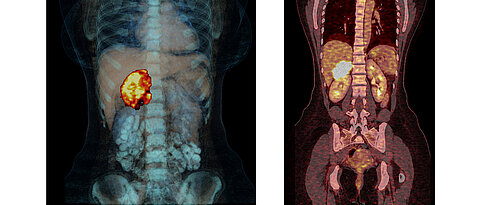
After the complete tumour resection, not all patients with an adrenocortical carcinoma require the previous standard therapy Mitotane. Professors Martin Fassnacht and Massimo Terzolo show this in a clinical trial.
more
In the form of DNA, nature shows how data can be stored in a space-saving and long-term manner. Würzburg's chair of bioinformatics is developing DNA chips for computer technology.
more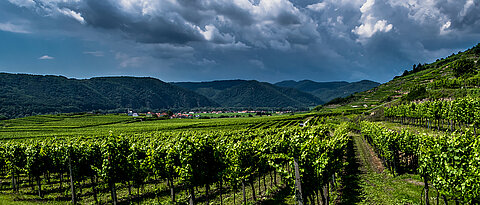
More cooperating businesses, higher funding, a new partner within the university: BigData@Geo is going into the second round and wants to use climate data to create concrete recommendations for action for businesses with a connection to nature.
more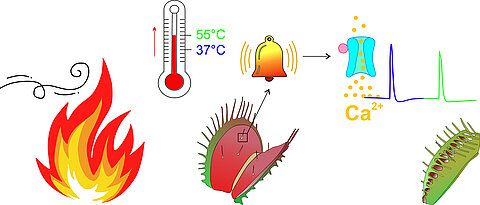
The sensory hairs of the Venus flytrap contain a heat sensor that warns the plant of bush fires. It reacts to rapid temperature jumps, as Würzburg researchers have discovered.
more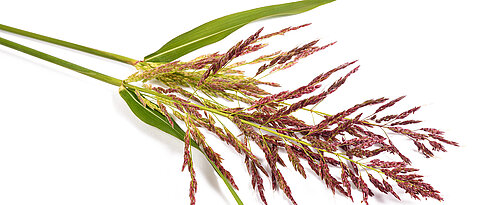
Together with the Max Planck Institute for Evolutionary Biology, Würzburg biology professor Chaitanya S. Gokhale has developed a mathematical model on population dynamics and evolution of herbicide resistance in perennial weeds.
more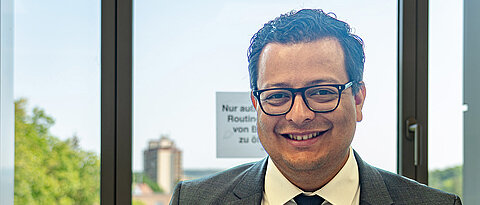
Carlos Talavera-López has recently been appointed junior professor of systems immunology at the University of Würzburg. His special focus is on the processes inside the cell. For this, he relies on deep learning methods.
more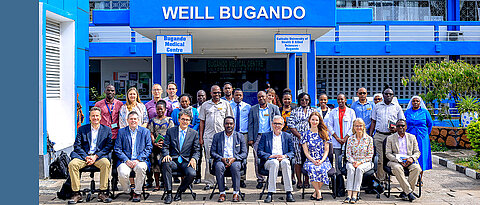
The Else Kröner Center for Advanced Medical & Medical Humanitarian Studies Würzburg-Mwanza started work in mid-2020. Its good performance has now been confirmed by an interim report.
more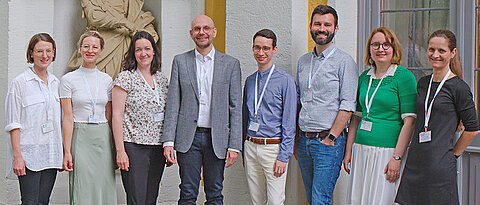
Making researching doctors familiar with the latest technologies in immunology: This is what happens in the TWINSIGHT college. The Else Kröner-Fresenius Stiftung is funding it for another three years.
more